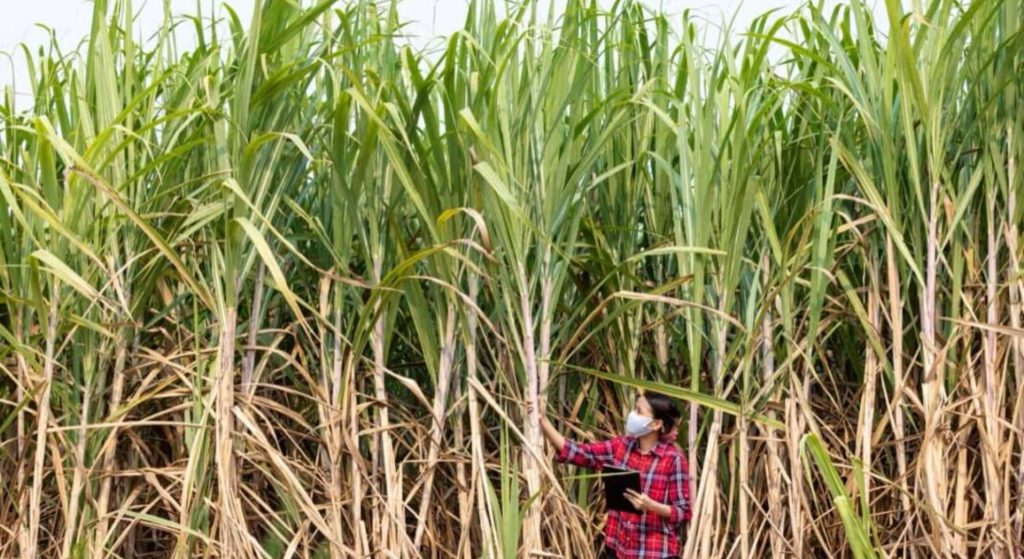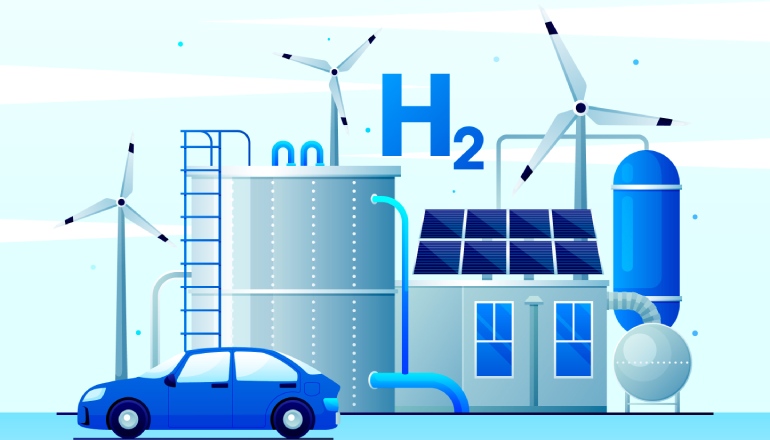India’s sustainable sugarcane farming got a new thrust.
EID Parry, a sugar producer in India, has partnered with Boomitra, a San Mateo, US-based international soil carbon project developer, to improve soil health, enhance farmer resilience, and drive climate action across key sugarcane regions.
EID has a strong presence in southern India with over 1.5 lakh farmers. It operates six sugar factories with 40,800 TCD crushing capacity, 140 MW power generation, and five distilleries producing 582 KLPD.
The partnership is expected to advance sustainable sugarcane farming practices and equip farmers with regenerative agricultural tools, improve soil health, and unlock access to carbon finance, aligning with India’s goals for climate resilience and agricultural sustainability.
India’s sugarcane industry faces increasing challenges, from soil degradation and water scarcity to the economic vulnerabilities of smallholder farmers.
The partnership aims to:
• Promote reduced tillage, better residue management, organic mulching, efficient irrigation systems, and use of press mud in farms.
• Enhance soil organic carbon (SOC) levels to boost productivity and long-term land resilience.
• Leverage cutting-edge technology to quantify and certify soil carbon sequestration, enabling farmers to earn income through verified carbon credits and play a critical role in reducing global greenhouse gas emissions.
“With EID Parry’s deep-rooted expertise in India’s sugarcane farming communities and Boomitra’s innovative technology and carbon project experience, this partnership has the potential to transform agricultural practices and farmer livelihoods across the region,” said Aadith Moorthy, CEO, Boomitra.
Boomitra’s advanced AI and remote sensing technology enable precise and cost-effective measurement of soil carbon levels, verified through third-party certification. This ensures that even smallholder farmers, with plots as small as one acre, can participate in global carbon markets.
The majority of the revenue from the sale of these carbon credits is returned directly to farmers, helping them reinvest in their lands, improve productivity, and achieve economic resilience.











